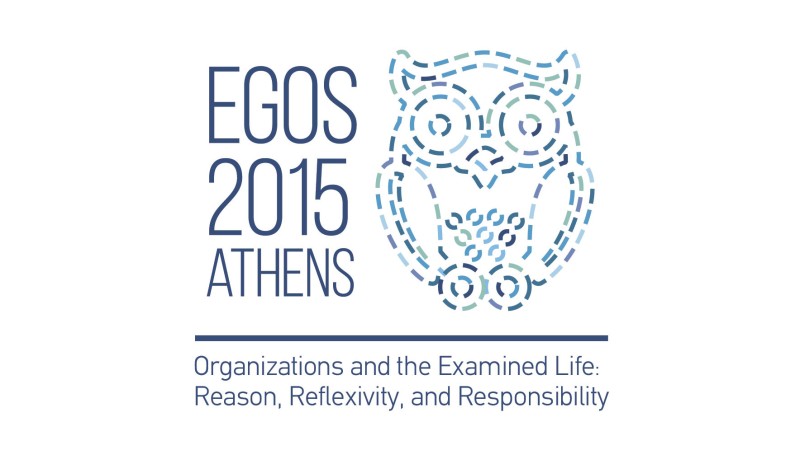Sub-theme 42: Management Expertise and Advice in Comparative Perspectives [merged with sub-theme 31]
Call for Papers
Cross-national and regional variations in organizational forms, ideas and practices have long been at the heart
of organizational studies. Likewise, in research on occupations and the 'professions', different historical, national trajectories
are well established. Other research has added globalizing, post-colonial and transnational dynamics to the 'mix' of culture
and institutions to help understand organisations and occupational elites better. However, in the related, but largely unregulated
domain of management expertise and advice – such as consultancy, industry/peer networks, business analysts, coaching,
the media and business schools – comparative work is less well developed.
We have some understanding of the significance
of the role of experts in the diffusion of ideas and practices and of the distribution of certain actors in national studies.
However, we know little on how expertise and advice is differentially sought, used or provided across contexts. This is important
in various ways. In particular, it draws attention to alternative ways of organising innovation and to the limitations of
assuming universal patterns of relating. Also, and specifically in relation to the conference theme, expertise and advice
may either trigger or impede reflexivity in organizations, such as through responses to and adaptations of generic management
models.
This stream seeks to develop our knowledge of management expertise and advice through a largely comparative
or context-sensitive focus and at the same time develop ways of understanding contexts that both recognise embeddedness, but
also mobility and change. A wide range of groups are involved in the provision of management expertise and advice. We can
add to understanding of this activity through various forms of comparative analyses focusing on variations and similarities
in how management expertise is sought, used and provided in relation to different levels, including nation, region, sector
and organization, but also across different fields such as engineering, law, politics, or self-help.
Thus, we
are concerned with comparative analysis in a broad sense. The following questions are indicative of our concerns:
- Who are the key/elite management actors in different countries, regions and sectors?
- What are the implications of transnational institutions and elites for nationally or regionally-based comparative studies?
- How do management experts and advisors tailor their knowledge to different markets/clients globally?
- What role, if any, do cultural/elite values play in the nature and source of advice sought by management and the practices through which advice is purchased and delivered?
- How do expertise and advice compare in management and other fields (e.g. IT, accounting and law)?
- How do patterns of regulation (such as over procurement) and of accountability compare and how do they affect national and sectorial (e.g. public vs. private sector) differences in the use of management expertise and advice?
- How do practices of purchasing and using management advice differ across organizations, sectors (e.g. public vs. private sector), regions and nations?
- How do knowledge processes in management (such as fashion setting, commodification, sedimentation, co-production) and actors (e.g. media, business schools, analysts) compare across national contexts?
- To what extent are local patterns of management advice shaped by regulation or its absence? And how have these practices changed over time?
Overall, we welcome a variety of approaches and research from different contexts and using different
methods, but especially work that is explicitly comparative in nature, both ongoing and completed. For instance, we would
seek to draw on the combination of 'system, society and dominance' effects for example, but also to integrate different literatures
or, at least start 'conversations' between them such as those on technological innovation, management innovation, trust, issue
selling and social interaction. We also invite local studies which are non-comparative, but which reflect upon and theorise
context in relation to how management expertise and advice is provided and sought.


